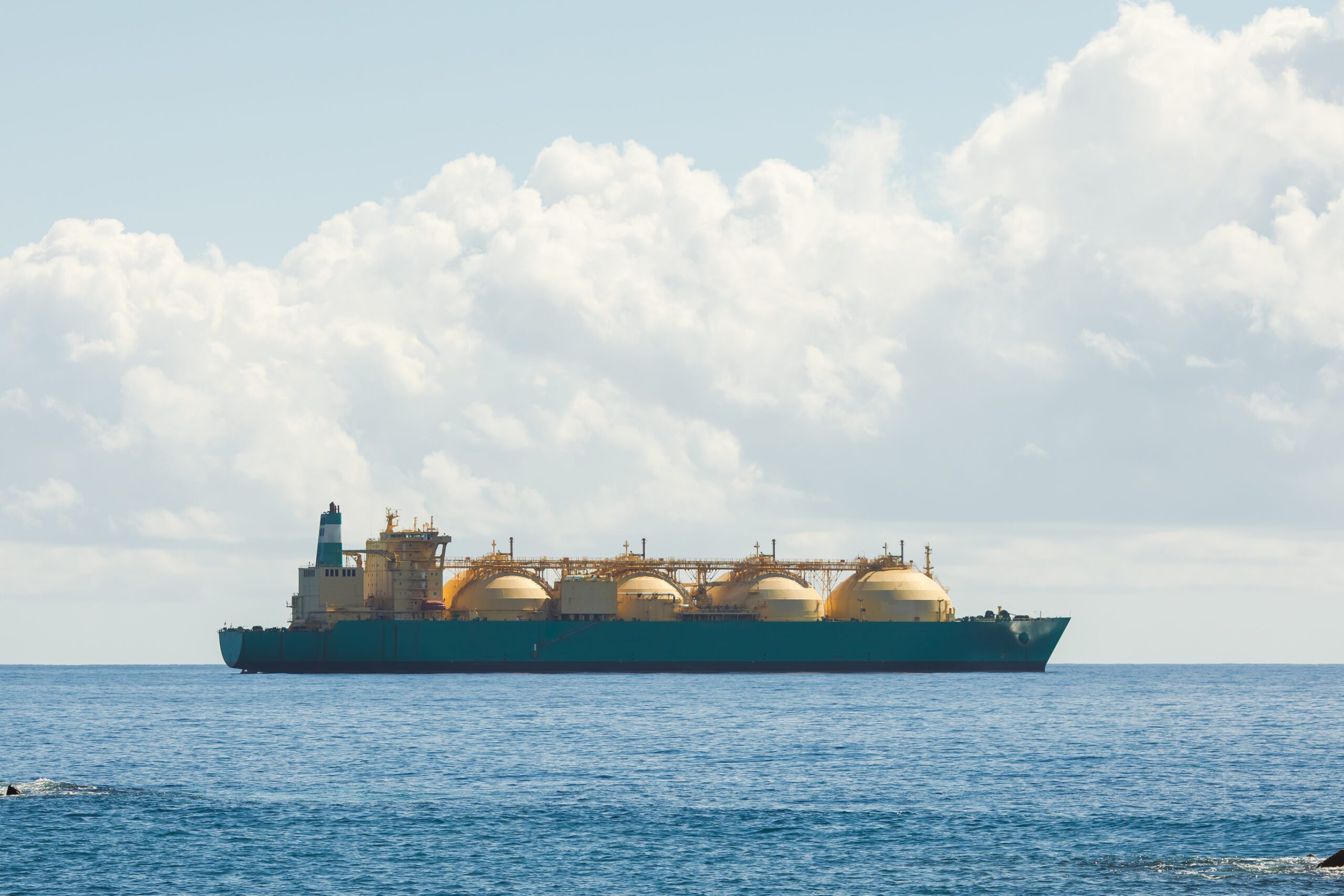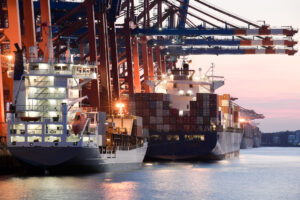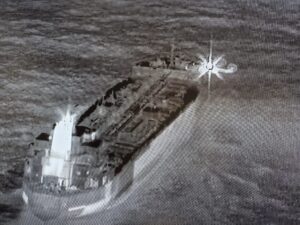European Union ambassadors have reached an agreement on a “powerful and substantial” new series of sanctions against Russia that are part of its ongoing response to Russia’s invasion of Ukraine, the Belgian presidency of the Council of the EU 2024 said Thursday.
European Union countries have agreed to a new round of sanctions against Russia, targeting Putin’s shadow fleet and the country’s energy revenues, according to senior officials and reports on Thursday.
EU Ambassadors agreed a ‘substantial’ 14th package of sanctions in reaction to the Russian invasion against Ukraine, which included new targeted measures designed to ‘close loopholes.’
EU Commissioner for Energy, Kadri Simson, said, “I welcome today’s agreement on the 14th sanctions package against Russia. For the first time it includes targeted measures on LNG, which is key to strip Russia of further energy revenues.”
European Commission President Ursula von der Leyen said it was a “hard-hitting package” that will further deny Russia access to key technologies and strip it of further energy revenues.
Ursula von der Leyen welcomed the agreement on the 14th sanctions package against Russia, mentioning that the new measures will “deny Russia access to key technologies. It will strip Russia of further energy revenues. And tackle Putin’s shadow fleet and shadow banking network abroad.”
The measures will notably target LNG shipments and make it harder to move around.
The new package will now need to be formally adopted by the member states before it enters into force.
Belgian Presidency of the Council of the EU 2024 posted on Thursday that “EU Ambassadors just agreed on a powerful and substantial 14th package of sanctions in reaction to the Russian aggression against Ukraine. This package provides new targeted measures and maximises the impact of existing sanctions by closing loopholes.”
Russian LNG production in 2023 accounted for 42 bcm. The main initial destinations of Russian LNG were EU27 (18 bcm), China (11 bcm), Japan (8 bcm) and South Korea (2 bcm), altogether representing more than 90% of the Russian LNG, reported Acer – the European Union Agency for the Cooperation of Energy Regulators – in its analysis of the European LNG market developments.
A part of the 18 bcm of Russian LNG imported by the European terminals was finally re-exported to China, Taiwan, India, and Turkey among other destinations in the form of LNG reloads.
The rise in LNG imports has positioned Europe as the largest LNG importer, placing the European Union ahead of other importing countries such as China and Japan.
EU Member States imported 134 bcm of LNG in 2023. The figure represents 42% of the European Union’s total gas imports.
France has become the largest EU LNG importer with 30 bcm in 2023, surpassing Spain (25 bcm in 2023). The Netherlands, Italy and Belgium follow, as the third, fourth and fifth largest LNG importing countries in the EU.
I welcome today's agreement on the 14th sanctions package against Russia.
— Kadri Simson (@KadriSimson) June 20, 2024
For the first time it includes targeted measures on LNG, which is key to strip Russia of further energy revenues. 🇪🇺



